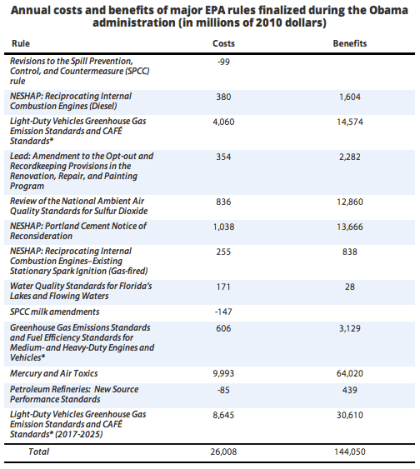
Fox News rose to pollution’s defense in July.
Four times as much money has been spent on ads promoting the fossil fuel industry during this presidential campaign than in defense of President Obama’s efforts to increase clean energy production or to discuss global warming and air pollution. Four times as much. Some $153 million — as of a few weeks ago.
An increasingly nervous Mitt Romney has turned to the imaginary “war on coal” to buttress his eroding position in Ohio. (A Times/Quinnipiac poll out today has Romney down 10 points in a state that is almost must-win.)
The “war on coal” argument, like the argument from fossil fuel companies, is that the president’s policies on energy development hurt the economy, that the effort to reduce pollution from fossil fuels costs jobs. The argument is much more commonly made during debate on the House floor and at campaign rallies than it is by economists — for good reason. It doesn’t hold up.
Research released yesterday by the (admittedly left-leaning) Economic Policy Institute argues that the economic impacts of the Obama administration’s (modest) efforts to reduce pollution uniformly produce much more economic benefit than cost. Specifically: for $26 billion in cost associated with pollution reduction, the country sees $144 billion in benefit — a return of $5.50 on every dollar spent.
Caveats:
It bears mentioning that costs and benefits are phased in over time, can jump around for individual rules from year to year, and a considerable portion of the impact of the rules will not occur until five years or more from now. Thus it is best to think of the figures as annual averages over time, but not representative of a particular year.
The benefits mostly come from savings on health costs: lives saved, emergency room visits avoided. In other words, they’re benefits that stem from internalizing the cost of pollution — making polluters pay for their pollution instead of you paying for it in a doctor’s bill.
Which is exactly why industry hates the regulations. They don’t see the cost benefit — unless they’re foolish enough to live near one of their own facilities. The industry doesn’t simply want Obama to lose; it wants to turn back the clock on systems of accountabiltiy — or at least to stop them in place. Spending four times as much on ads lets the fossil fuel industry present only their case: This costs us money. What isn’t heard is the rebuttal: Better your oil company pays than my kid’s lungs.




